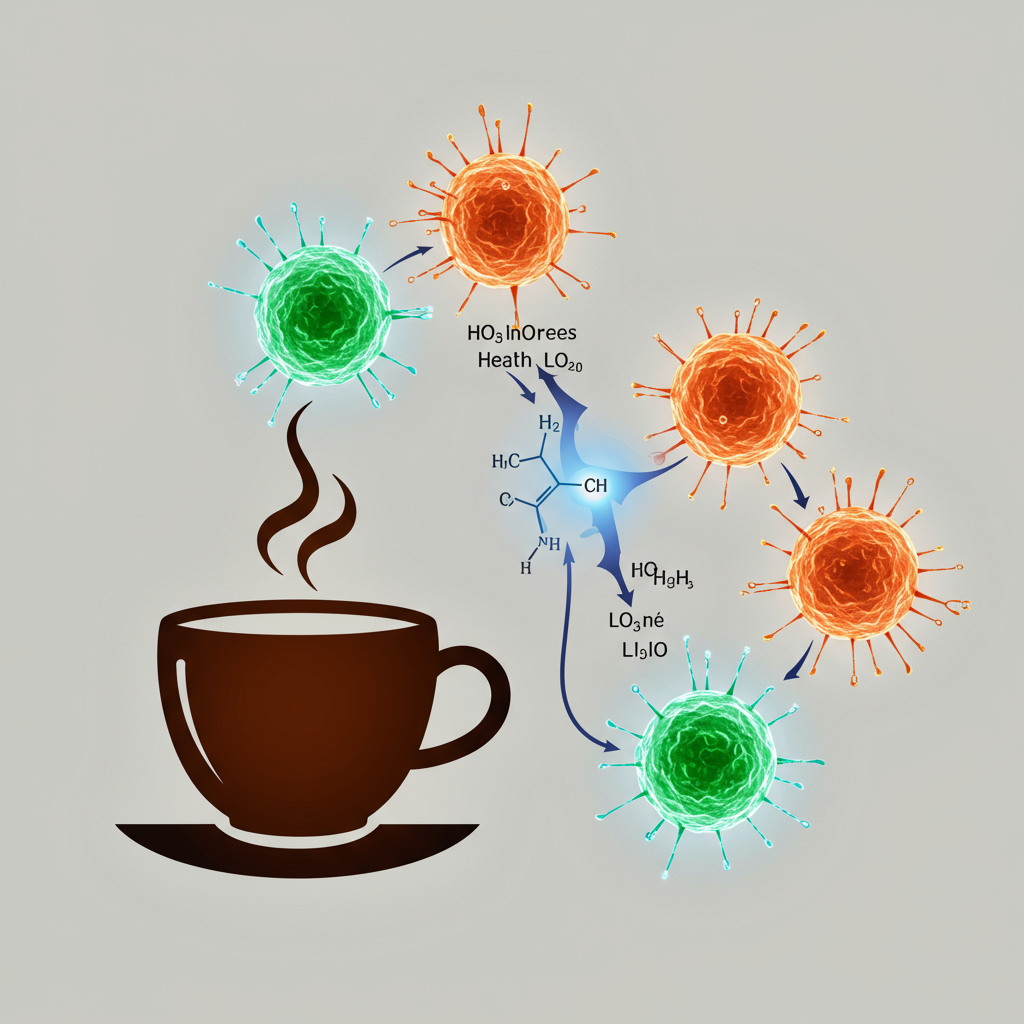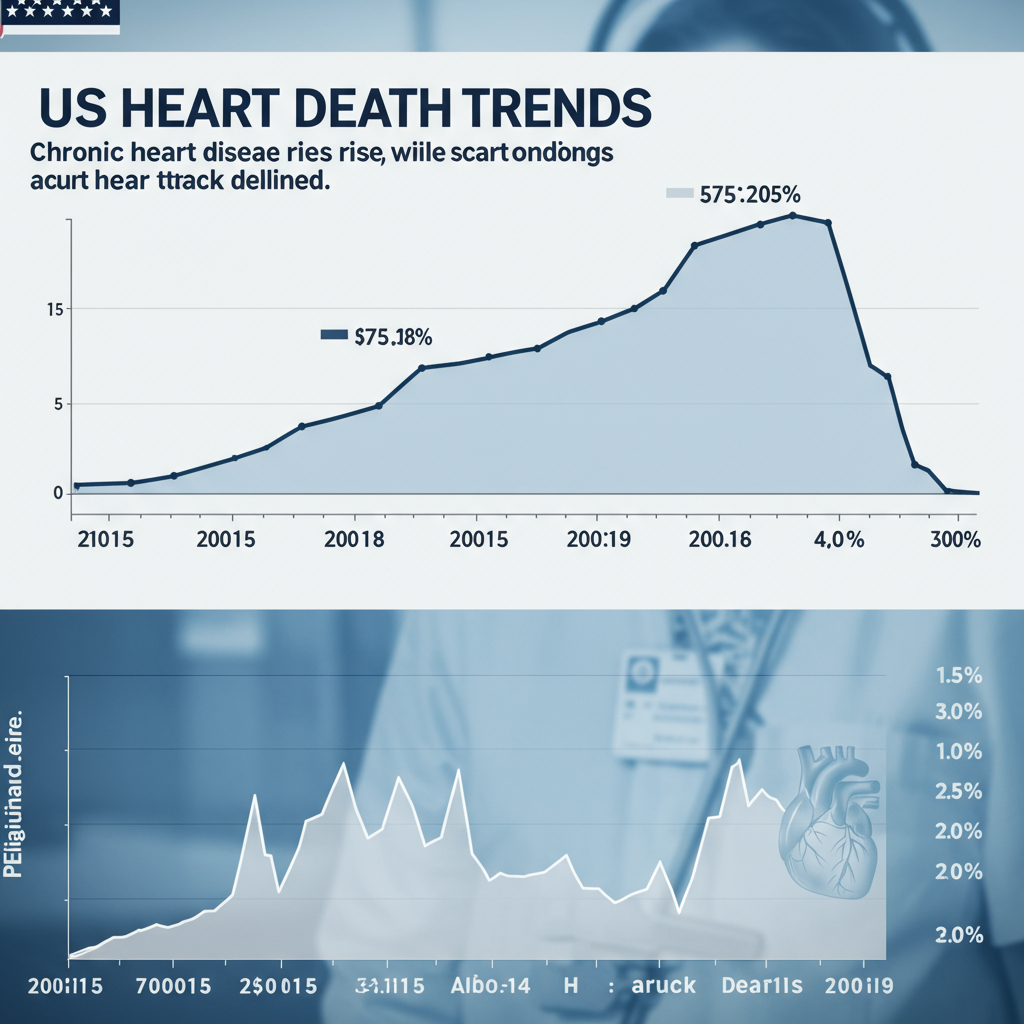Coffee is more than just a morning pick-me-up; this globally popular beverage, rich in the neuroactive compound caffeine, has long been associated with potential health benefits, including a reduced risk of age-related diseases and even potentially contributing to a longer lifespan. For years, the precise mechanisms within our cells that link coffee consumption to these protective effects remained largely unknown.
But exciting new research is starting to shed light on this cellular mystery.
A recent study from Queen Mary University of London, published in the journal Microbial Cell, reveals a fascinating way caffeine might influence the aging process at a fundamental level. Using fission yeast – a single-celled organism that shares surprising similarities with human cells, making it a valuable model for cellular research – scientists have uncovered how caffeine taps into an ancient energy system within the cell.
Unlocking an Ancient Pathway
Previous work by the same research team had explored caffeine’s potential to extend cell life by interacting with TOR (Target of Rapamycin). TOR acts as a crucial biological switch, dictating cell growth based on the availability of nutrients and energy. This TOR pathway is an incredibly ancient and conserved system, having regulated energy and stress responses in living organisms for over 500 million years.
However, the latest findings present a more nuanced picture. The researchers made a surprising discovery: caffeine doesn’t appear to act directly on the TOR growth switch itself. Instead, it operates by activating another critical cellular system known as AMPK (AMP-activated protein kinase).
Think of AMPK as a cellular “fuel gauge” or “energy sensor.” This ancient, evolutionarily conserved pathway (found in both yeast and humans) becomes active when cells are low on energy or under stress. When triggered, AMPK helps cells cope with these demanding conditions.
“When your cells are low on energy, AMPK kicks in to help them cope,” explains Dr Charalampos (Babis) Rallis, a senior author of the study and Reader in Genetics at Queen Mary University of London. “And our results show that caffeine helps flip that switch.”
The AMPK Connection to Longevity
The activation of AMPK by caffeine is particularly noteworthy because AMPK is also the molecular target of metformin. Metformin is a common drug used to treat type 2 diabetes, and it is currently being extensively investigated for its potential to extend human lifespan, sometimes alongside compounds like rapamycin (which influences the TOR pathway).
Using their yeast model, the scientists demonstrated that caffeine’s influence on AMPK has downstream effects on several vital cellular processes. These include:
Regulating Cell Growth: Ensuring cells grow appropriately.
DNA Repair: Helping to fix damage to cellular DNA.
- Stress Response: Managing how cells react to various forms of stress.
- www.sciencedaily.com
- www.gbnews.com
- www.sciencedaily.com
- neurosciencenews.com
- gizmodo.com
All of these cellular functions are intrinsically linked to the processes of biological aging and the development of age-related diseases.
Expert Perspectives and Future Possibilities
Dr. John-Patrick Alao, the postdoctoral research scientist who led the study, highlighted the significance of these findings. “These findings help explain why caffeine might be beneficial for health and longevity,” he stated.
The research not only provides a potential cellular-level explanation for the observed health benefits associated with caffeine consumption but also opens up exciting avenues for future exploration. Dr. Alao added that the results “open up exciting possibilities for future research into how we might trigger these effects more directly—with diet, lifestyle, or new medicines.”
Future research could delve into how specific dietary interventions, lifestyle changes, or even the development of new pharmaceutical compounds could target the AMPK pathway in a similar beneficial manner to caffeine, potentially paving the way for novel strategies to promote healthy aging.
Beyond the Jolt: A Cellular Helping Hand?
While the study focuses on the cellular mechanism, it supports the broader understanding of caffeine’s potential health advantages, which have been associated with reduced risks for conditions like cardiovascular disease and type 2 diabetes.
So, the next time you reach for your morning cup of coffee, you might be doing more than just boosting your focus and energy levels. According to this research, you could also be providing a crucial cellular helping hand, activating an ancient “longevity switch” that assists your cells in managing energy, repairing damage, and coping with stress – functions vital for promoting health and potentially a longer life.
Important Consideration:
While this study points to potential benefits, it’s crucial to remember that excessive caffeine consumption can lead to negative health effects in some individuals, including anxiety, insomnia, and increased blood pressure. It may also worsen existing health conditions. As with any dietary component, moderation is key, and individuals with health concerns should consult with a healthcare professional regarding their caffeine intake.




